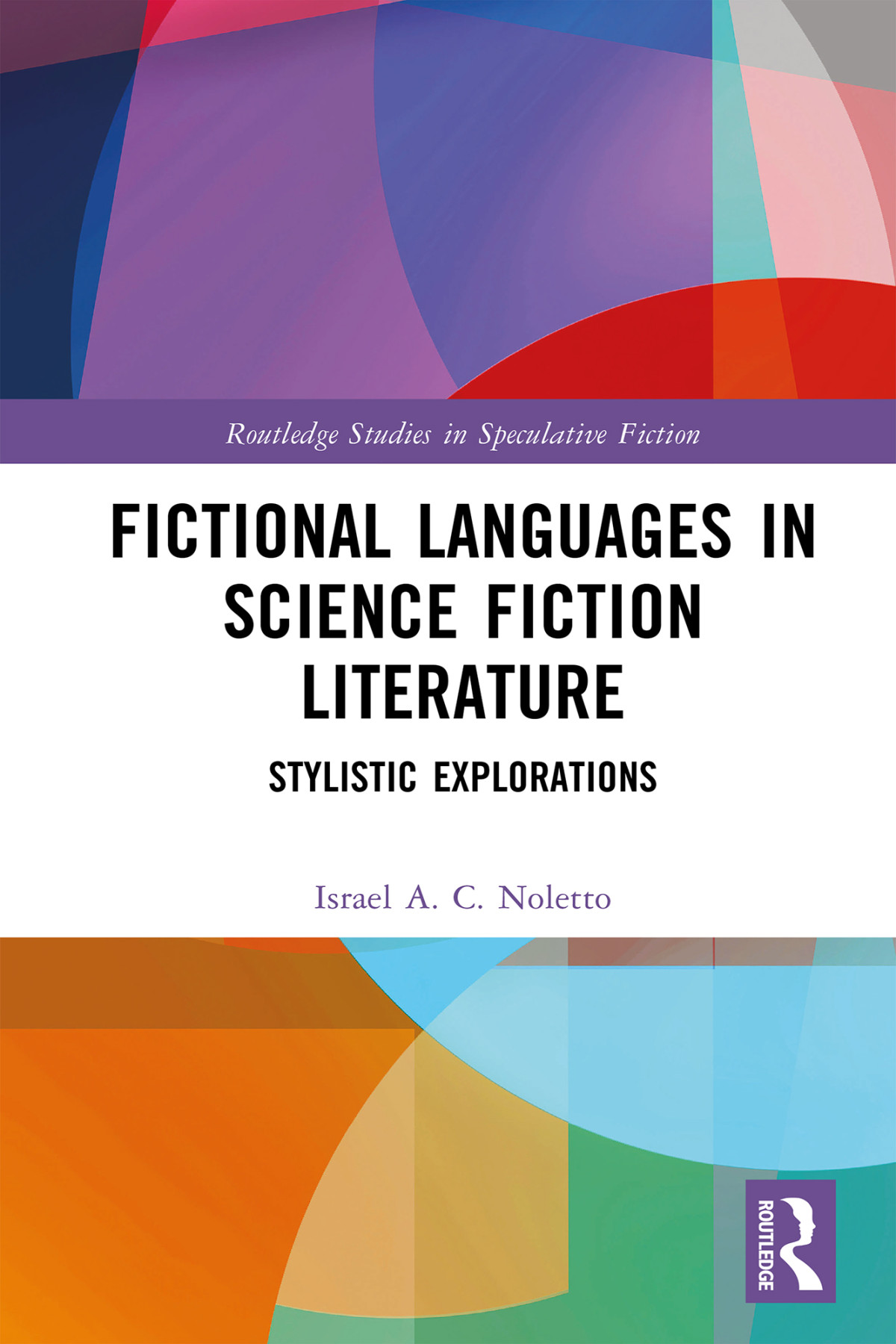Product desciption
Fictional Languages In Science Fiction Literature Israel A C Noletto by Israel A. C. Noletto; instant download after payment.
Mary D. Russell, Frank Herbert, 1984, literary experimentalism, Jack Vance, Ursula K. Le Guin, Samuel R. Delany, linguistic experiments, Brian W. Aldiss, Will Self, glossopoesis, China Miville, Ian Watson, Neal Stephenson, Russell Hoban, Anthony Burgess, Ted Chiang, Robert Silverberg, George Orwell
Fictional languages in Science Fiction Literature surveys a large number of fictional languages, those created as part of a literary world, to present a multifaceted account of the literary phenomenon of glossopoesis (language invention). Consisting of a few untranslated sentences, exotic names or even fully-fledged languages with detailed grammar and vocabulary, fictional languages have been a common element of English-language fiction since Thomas More’s Utopia (1516).Different notions of the functions of such fictional languages in narrative have been proposed: as rooted in phonaesthetics and contextual features, or as being used for characterisation and construction of alterity. Framed within stylistics and informed by narrative theory, literary theory, literary pragmatics, and semiotics, this study combines previous typologies into a new 5-part reading model comprising unique analytical approaches tailored to science fiction’s specific discourse and style, exploring the relationship between glossopoesis, world-building, storytelling, interpretation, and rhetoric, both in prose and paratexts.
Fictional Languages in Science Fiction Literature surveys a large number of fictional languages, those created as part of a literary world, to present a multifaceted account of the literary phenomenon of glossopoesis (language invention). Consisting of a few untranslated sentences, exotic names, or even fully-fledged languages with detailed grammar and vocabulary, fictional languages have been a common element of English-language fiction since Thomas More’s Utopia (1516).


